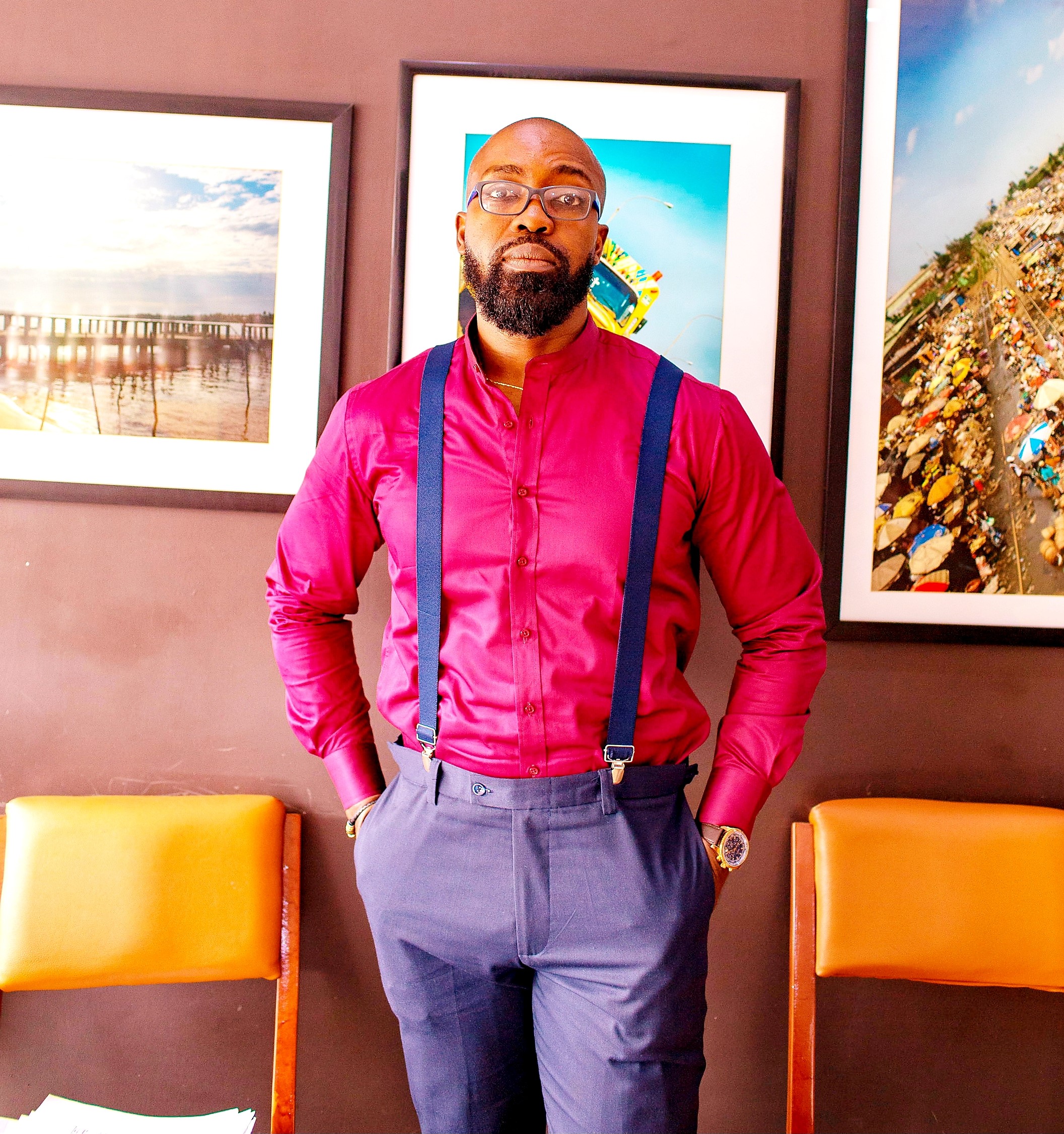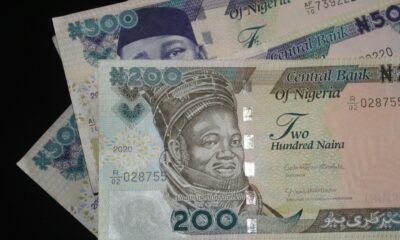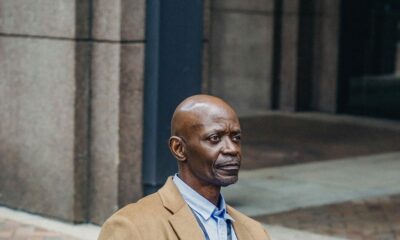Features
Tunji Andrews: The Privilege of Having Savings
Yes, Kunle needs to save but the preceding fact is that he must grow his income to have the privilege to.

I may come off as a little irritated in this article and I do ask you to bear with me. I’m not sure why the social media algorithms bring tips, quotes and videos of ‘personal finance’ experts my way but it’s almost exhausting watching many preach ideals as a standard.
My favorite is the “No matter how little you earn, you must save” line. To which I’m always tempted to type “Do you live in Nigeria?” in the comment section. As a financial literacy advocate, I appreciate the slippery slope I’m currently on – since I’m standing on the table I’m shaking. But in speaking to hundreds of Nigerians from across several spheres of life, I’ve come to realize the folly in painting everybody with the same brush when it concerns savings and even investments.
I often admire the courage of the hundreds of people who DM me seeking to learn how to invest, the many who have the magic N100,000 (It’s almost always N100,000) saved up and want to invest it. You can literally see that this money they’ve put aside was practically drawn from their blood and more importantly, it becomes crystal clear that in between the said investment and maturity, nothing can afford to go wrong in their lives, or else…
I have no data to back this up but I can bet that 80% of Nigerians live paycheck to paycheck. Many are starting side hustles just to make ends meet. So, even if one wanted to save money due to economic constraints and low wages, for many, it’s not an option. To be honest, even those with a robust savings account (by the virtue of living in Nigeria) sometimes find themselves living paycheck to paycheck, and before we get on our “they should have” soapbox, we also have to recognize that the ability to save money is a privilege.
Meet Kunle, a young graduate fresh off his NYSC and now employed by an ad agency in Lekki. He is grateful for this job that pays N70,000/month (For non-Nigerians, this is twice the national minimum wage). Kunle has no family in Lagos and as such, had to get a studio apartment (fancy phrase for self-contain) somewhere in Agege. The rent is N350,000/p.a and with the contribution his mum in Ekiti had been saving, added to the proceeds of his late dad’s plot of land, he is able to pay and move in.
Every month, he spends about N16,000 on transportation (at an average of N800/day), puts aside N29,166, to meet his next annual rent and feeds on about N500/day (N15,000). All these add up to N60,166.
Kunle doesn’t bother himself with the frivolous things of this world like Netflix, DSTV or data, nor does he have need for a big phone but between paying for power bills, buying water (to drink and use in his house) and paying for street security and airtime for his calculator phone, the N9,844 left just floats into the sunset, never to return. I think it is safe to also agree that at this point, Kunle cannot afford to fall ill or have any emergencies.
I have chosen to paint this most modest picture to show that while financial excesses can hurt Kunle’s finances, the real issue is that he is poor and needs to earn more (like most of us do). Also, he is unlikely to remain this way forever, he will have relationships or entanglements and may need to get an ‘I beta pass my neighbor’ to meet up with the work he now has to take home to meet deadlines – which will require petrol and servicing of the generator. All of these without even considering putting any furniture in his bachelor pad. Biko, where will he save from?
Eventually, as he starts to earn more, the Nigeria he lives in makes it so that he must pay for almost everything cash down, with very little credit available to him. Kunle is (or was) many Nigerians at some point (in fact, to many, Kunle is privileged) but like Kunle, many of us need to earn more, at least to a point where our incomes exceed our monthly needs. Yes, Kunle needs to save but the preceding fact is that he must grow his income to have the privilege to.




















